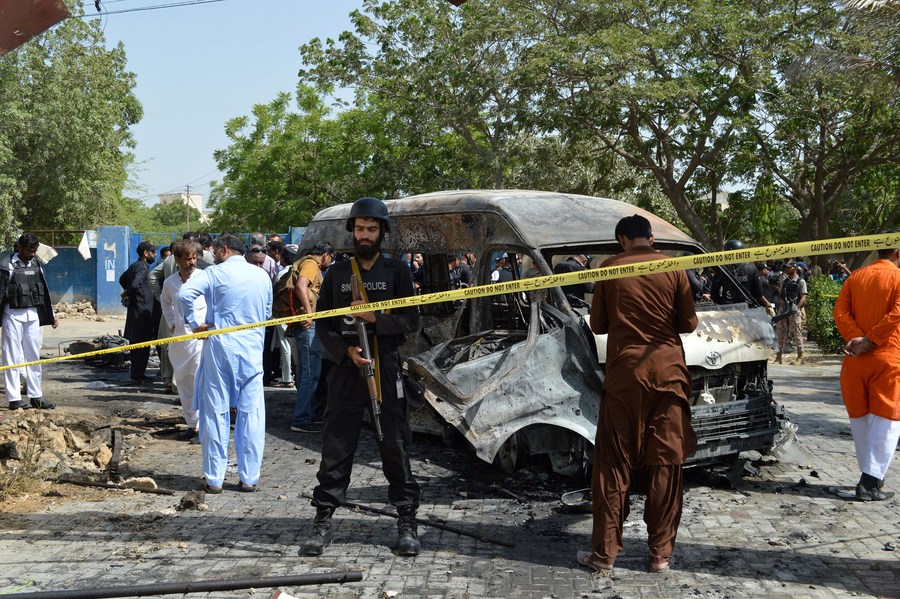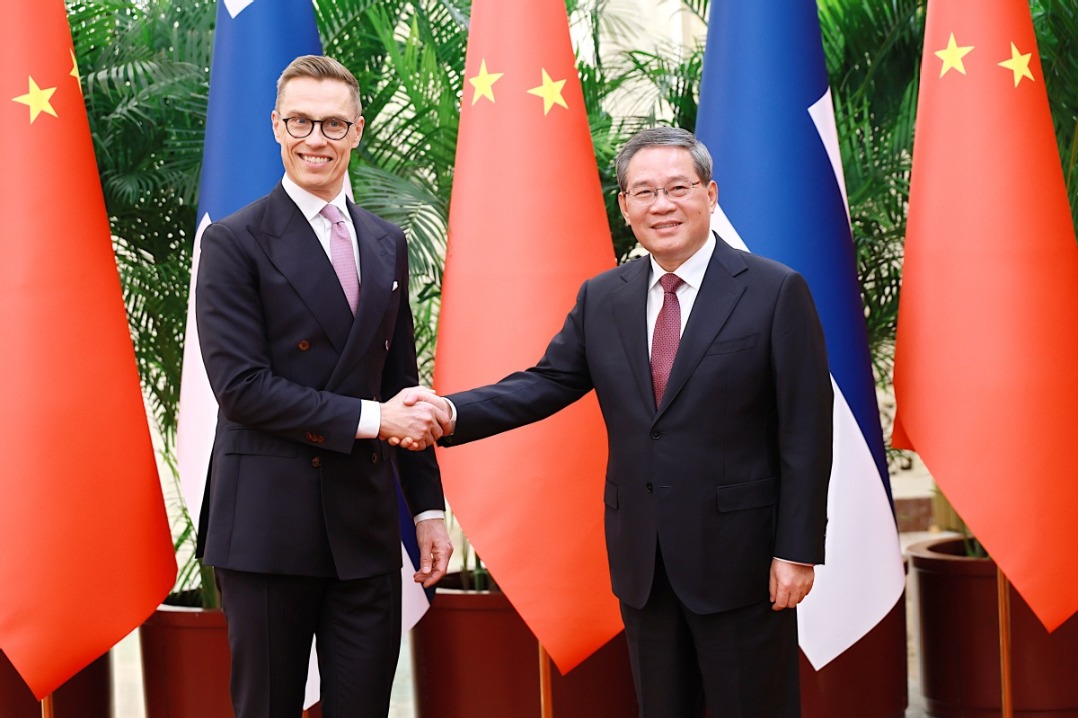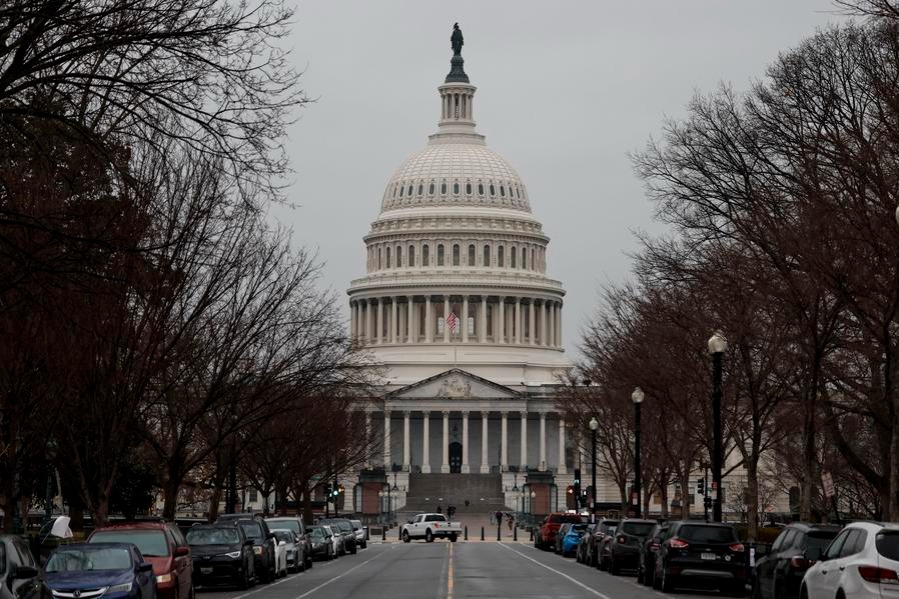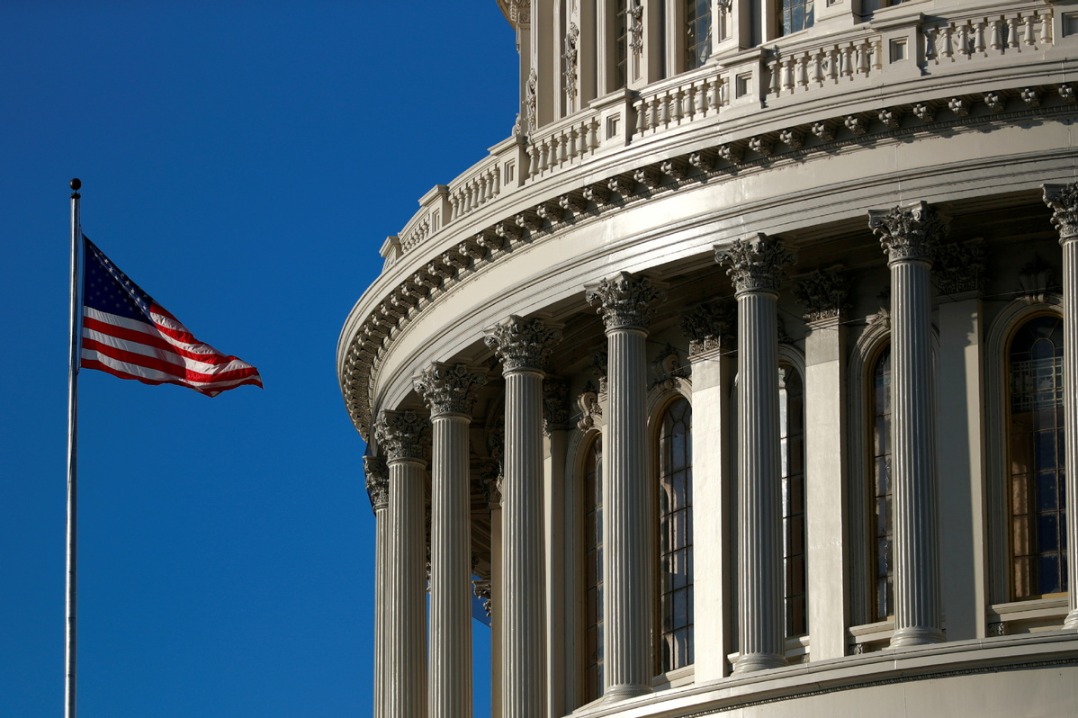BBC downplays severity of terrorism with biased reporting


On the afternoon of April 26, a vehicle being used by the Confucius Institute at the University of Karachi was bombed in a terrorist attack. The incident left four passengers dead, including three Chinese citizens who were on their way to teach Chinese.
The Baloch Liberation Army separatist group claimed responsibility later, naming the bomber as a 30-year-old woman named Shaari Baloch.
While political figures and Pakistanis from all walks of life have condemned the attack, the BBC's Urdu team published a story sympathizing with the bomber at the top of its website while placing a story about a local driver killed in the attack in the lower section of the site.
In the lengthy feature, which included an interview with the attacker's family, the bomber was portrayed as an educated woman with a cultured upbringing. BBC tried to use this background to explain her behavior, with quotes to show she had the respect of her relatives and friends.
This has the effect of creating excuses for a murderer. Likewise, by not giving similar or greater coverage to victims, they miss an opportunity to show the human impact of these attacks. If readers are exposed to stories of the victims instead of their killers, more public sentiment will fall behind peace and an end to violence.
This happens when media outlets want their stories to be validated, liked, and shared instead of focusing on the facts.
On the United Nations Office on Drug and Crime website, there is an article that provides a comprehensive definition of terrorism. Along with quotes from several resolutions, it says terrorism constitutes criminal acts committed with intent to cause death or serious bodily injury, or the taking of hostages with the purpose to provoke a state of terror.
The recent bombing easily meets those standards. BBC's report undercuts the gruesome nature of the attack, and it's unlikely they would treat the attacker this way if they had bombed London or another British city.
Such an event would draw the strongest condemnation — and, safe to assume, no sympathetic coverage to speak of.


































